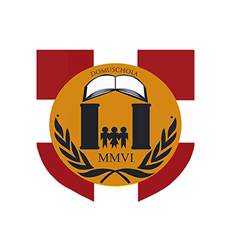
- August 20, 2024
- Admin
- 0
A Complete Guide on How to Choose IB Subjects
The International Baccalaureate programme provides a well-rounded education that helps students build critical thinking, global perspectives, and specialised abilities. Nevertheless, one of the most crucial aspects of excelling in the IB is carefully picking the correct courses. With six topic groups and dual-levels of learning, learners must make educated decisions that reflect their abilities, interests, and potential careers. Appropriate subject selection impacts the IB experience alongside the possibilities for college acceptance and job opportunities. This guide offers practical guidance for managing workloads and emphasises techniques to promote personal and intellectual development. Following these guidelines can help learners understand how to select topics strategically for academic achievement.What Is an IB Diploma?
The International Baccalaureate Diploma is an internationally renowned, dynamic educational program for learners aged 16 to 19. It focuses on academic depth and individual growth, equipping pupils for university and future endeavours. The curriculum requires students to study six diverse subjects from multiple fields, covering languages, mathematics, sciences, humanities, and the fine arts. Students at international schools in Pasig must complete three significant parts: the Extended Essay Theory of Knowledge, alongside Creativity, Activity, and Service. To achieve the certification, learners must satisfy unique evaluation criteria in their selected disciplines and core components. Because of its demanding curriculum and focus on building well-rounded, driven individuals, universities globally esteem the IB Diploma.How to Choose IB Subjects?
Selecting IB subjects is a significant decision that impacts the IB journey and subsequent academic prospects. With a wide selection of courses and two study levels, it is critical to make sensible choices. Below are some practical tips to help students choose a balanced and rewarding IB subject mix.

